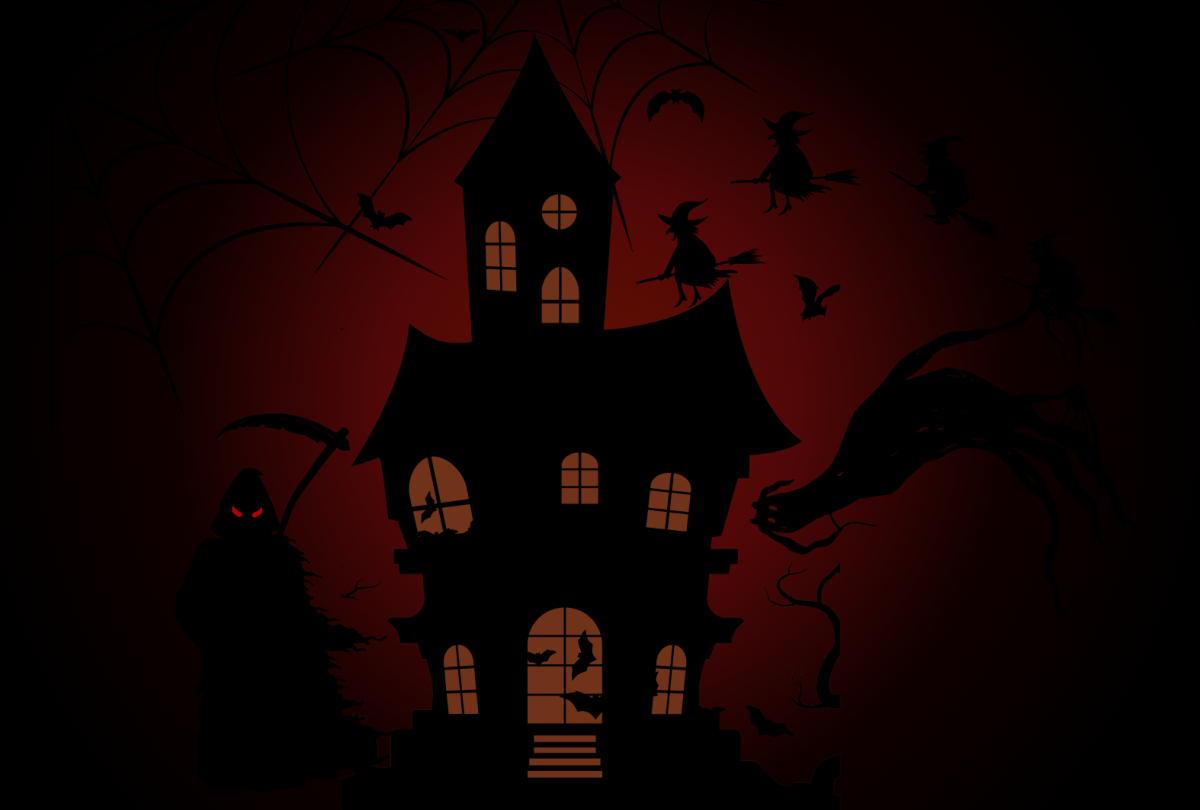Spoilers for Wild Child
Wild Child, a 2008 British-American teen comedy directed by Nick Moore, brings its audiences through a chaotic journey of personal growth, self-discovery, and friendship. This film innovatively portrays the trope of a disobedient child being sent to boarding school as a method of self-development.
Wild Child revolves around Poppy Moore (played by Emma Roberts), a spoiled and rich Malibu teen who is always up to trouble. Since the death of her mother, Poppy has acted coldly and constantly disobeyed her dad as a way of coping with grief. When her wild stunts go too far, her father sends her off to a strict and old-fashioned English boarding school called Abbey Mount. Initially determined to do everything in her power to escape the school and go back to her old life, Poppy’s experiences at Abbey Mount illustrate a fascinating exploration of culture clashes, as well as her journey through navigating adolescence and personal growth.
Poppy is not the usual loving, obedient protagonist who is often seen in teen comedies. Rather, Poppy is assertive, indifferent, and not afraid to be her true self, despite the conflicts it may cause. Roberts did an excellent job portraying the character of Poppy, successfully transforming a rebellious teenager into an introspective and open-minded person. It is thanks to the film’s writing and Roberts’ talent that truly makes Poppy’s journey heartwarming and captivating.
The conflict between American and British cultures was shown throughout the movie, which acts as a constant problem and highlights the natural differences between Poppy and her peers. As Poppy struggles to understand and adapt to the strict rules of Abbey Mount, the culture clash provides both humor and character development in the film. For example, Poppy’s colorful personality and American lifestyle did not align with the school’s harsh rules and British manner of living. These cultural differences add depth to the story and demonstrate how it is possible to achieve a shared sense of understanding, even with people who are different from you.
The film’s supporting cast, primarily Poppy’s roommates and the thoughtful headmistress Mrs. Kingsley (played by Natasha Richardson), play vital roles that contribute to Poppy’s growth. Each character has their own well-developed and unique personality, adding to the overall amusement and charm of the film. The friendships that Poppy establishes at Abbey Mount are truly heartwarming, highlighting the importance of meaningful relationships and their ability to change a person for the better.
Wild Child excels in its visual representation. The picturesque backdrop of the English countryside and the magnificence of Abbey Mount itself provide a stunning backdrop for the story. Mesmerizing cinematography is wonderfully achieved, capturing the beauty and nature of the setting, which ultimately enhances the film’s overall allure.
At first glance, Wild Child might be mistaken as a typical teen comedy, but beneath the surface is a heart-warming, emotional film that involves one’s journey through adolescence and self-discovery. The film accurately depicts the challenges of growing up, as well as the complexities of being a teenager. It illustrates a relatable and humorous journey through personal growth, social connections, and adaptation. The humor, acting, visual aesthetic, and relatability make this movie special in the coming-of-age genre. More important than that, “Wild Child” teaches an important lesson, reminding us how growth often occurs when we are pushed out of our comfort zones and are faced with new challenges.
Photo Courtesy of WIKIMEDIA COMMONS







